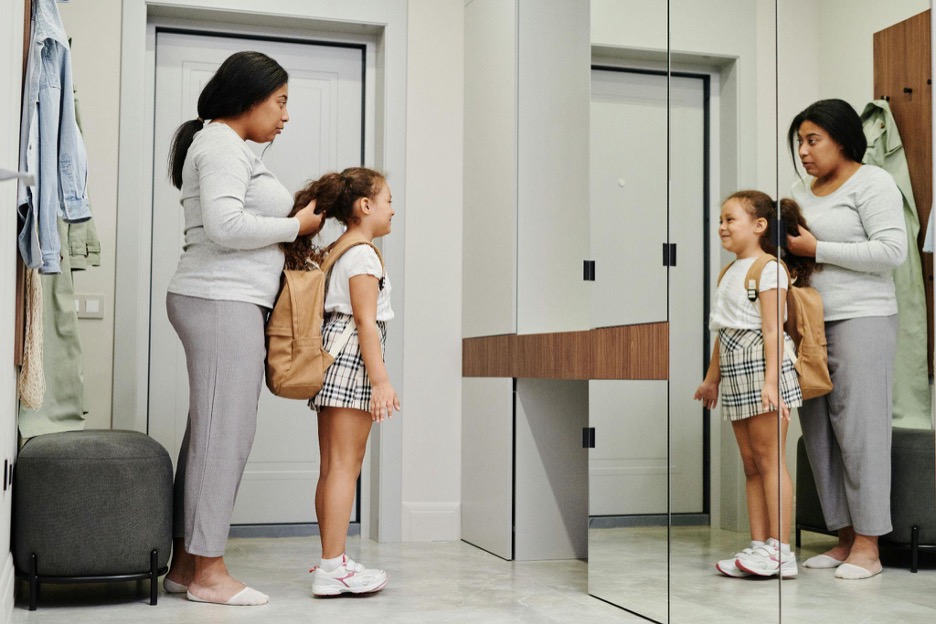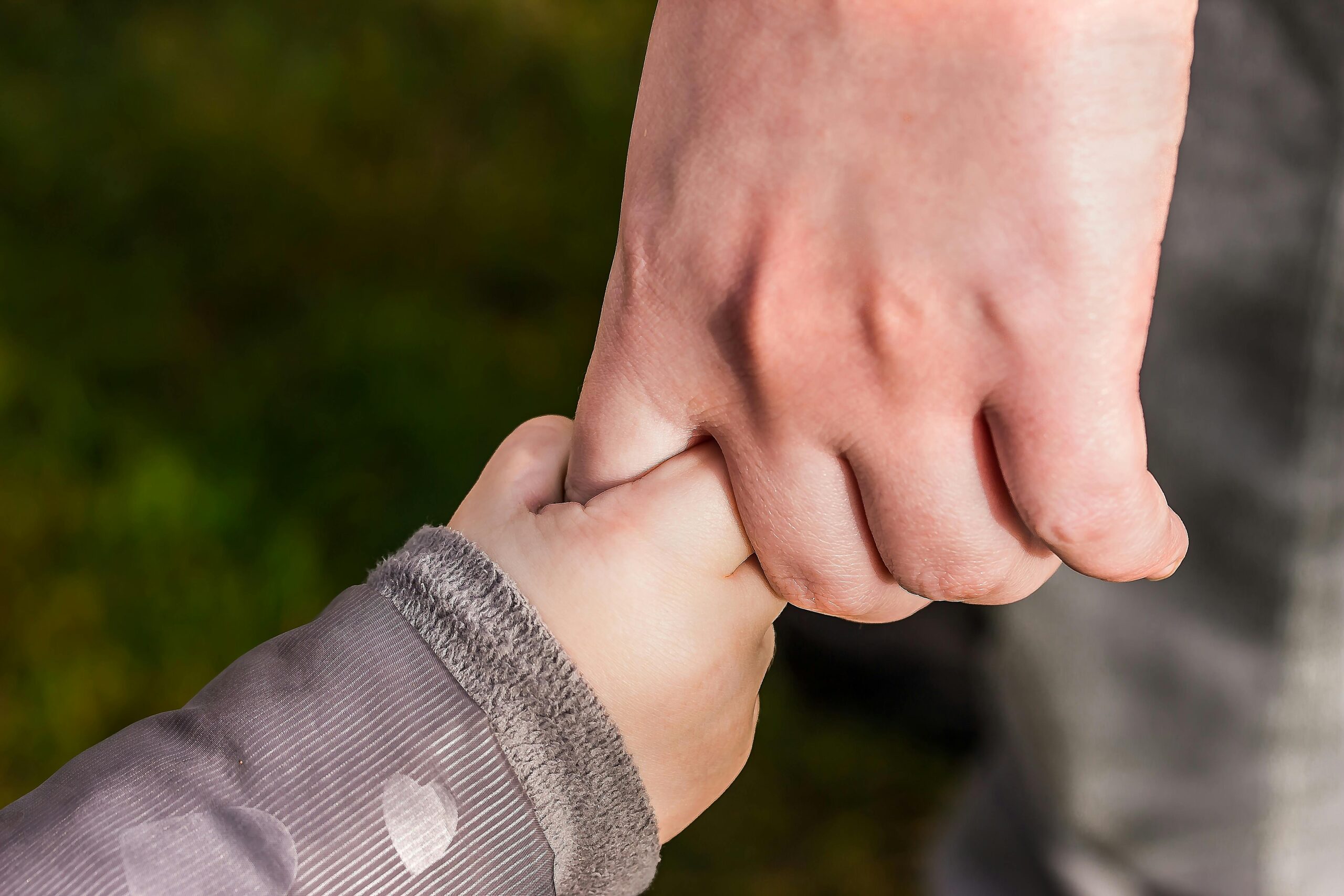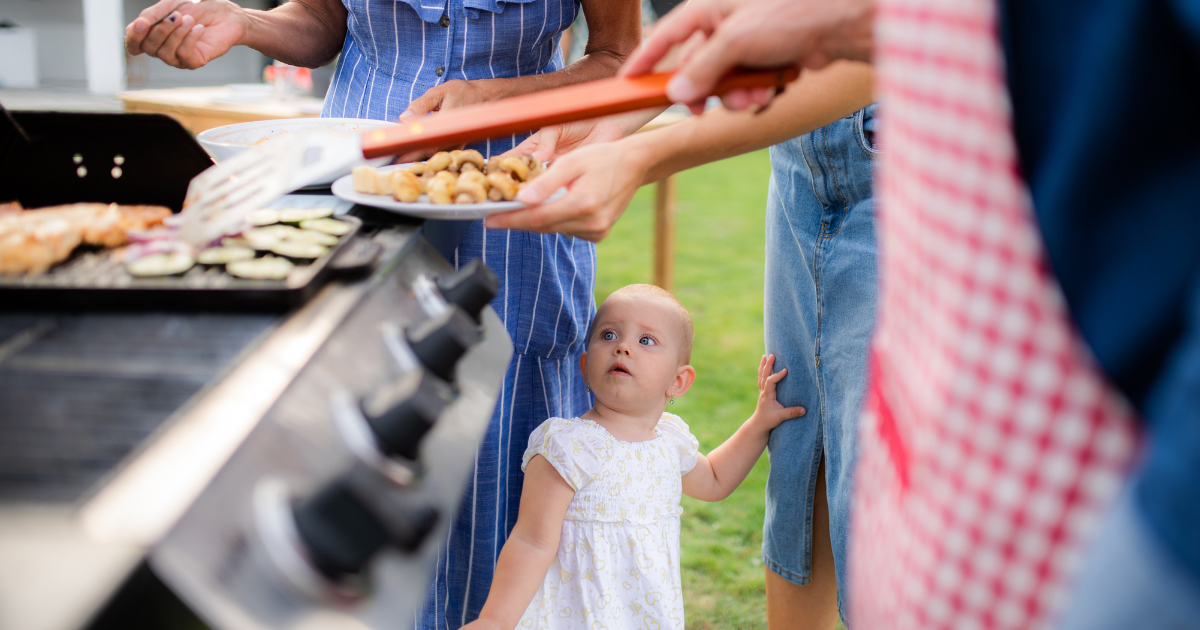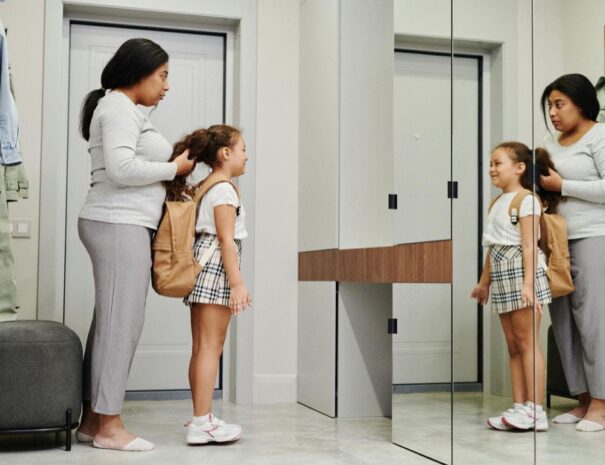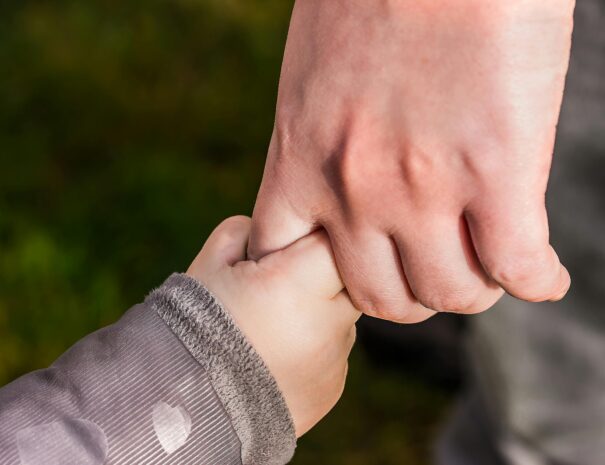February marks self-esteem month, and our writers at SupportPay have done some research on the impacts of divorce on children’s self-esteem and the methods they can make use to improve their confidence.
Parents are their children’s teachers, guides and role models in life, and the one’s that give them support and love. The influence is most potent in a child’s younger years (0-25), and it makes sense that a divorce thus impacts children in their younger years. If parent’s can’t get along, are often fighting, and can’t maintain an amicable relationship through and even after divorce, a child’s self-worth and interpersonal relationships will suffer. Innumerable studies and research support this statement.
The intricacies of why divorce affects a child’s psychology are not entirely clear. They may think that if their parents can’t find a solution to their own relationship problems, they may not either. Of course there are myriad factors that come into the equation, and though we may not comprehensively understand why children are so impacted by divorce, we do understand how they are.
Increased levels of anxiety, lower academic success, difficulty finding a job post-education, antisocial behavior, problems with intimate relationships, relationship with parent, physical health deterioration, and aggression are all prevalent characteristics of children of divorce. (Block, Spiegel. NYU). These are long-term effects that can last throughout the rest of a child’s life if not properly managed.
We have done our reading on self-esteem & divorce however and know of the ways by which children can process the feelings attached to the ordeal of divorce and come through it with a positive mindset. Even if the child has a good relationship with their mother and father individually, the cohesive nature of their relationship structure is damaged.
Children model their views on many things in life, especially relationships, on their parents. The most important takeaway is something you’ve heard a million times before, but it is something one should not forget: children should be told that they are love and understand that the divorce is not their fault. Feelings need to be shared with children but the negative emotions about the other parent should remain undisclosed.
Marital and parenting issues need to be kept separate. This is because a parent will always be that: a parent. A parent will not however always be the husband or wife of the child’s other parent. Once parent’s divorce, it is important to allow the child to maintain a healthy view of the other parent and be able to understand that no matter the disagreements or conflicts between the parents, they can still act as adults and treat one another with respect. It is difficult, but for the sake of the child, it is vital.
Children are attached to both parents, and if they believe that one is bad or cruel or whatever, because one parents bad-mouthed the other, they will encounter psychological discord, since they trust and love the bad-mouthing parent and want to be loyal to them, yet also love the other parent and wish to remain loyal and have a good opinion of them too, no matter the circumstances of the divorce.
Simple solutions:
- Parents should keep seeing their children and be an active presence in their life
- A healthy and respectful co-parenting technique should be adopted if possible (see our other blogs on this subject)
- Conflict should be kept at a minimum
- Children should not be over-praised and be allowed their independence
- Support and interest in a child’s passions and activities are extremely helpful
- Parents and children should have fun together and show their unconditional love
- The divorce and the other parent should not be a taboo subject: explore it together
We invite both parents and children to read more about healthy co-parenting and improve their confidence when it comes to self-esteem & divorce.
Reference:
Block, Kelsey, and Sophie Spiegel. “THE IMPACT OF PARENTAL DIVORCE ON EMERGING ADULTS’ SELF-ESTEEM.” Applied Psychology OPUS, NYU, https://wp.nyu.edu/steinhardt-appsych_opus/the-impact-of-parental-divorce-on-emerging-adults-self-esteem/.



